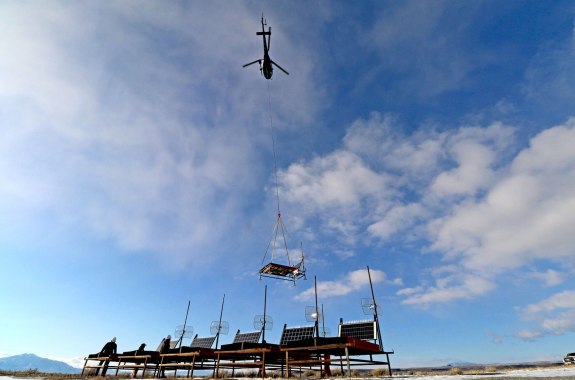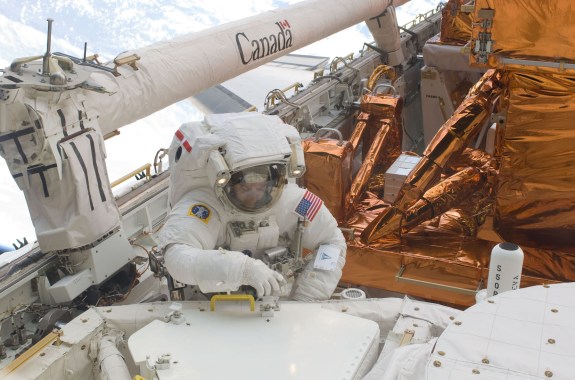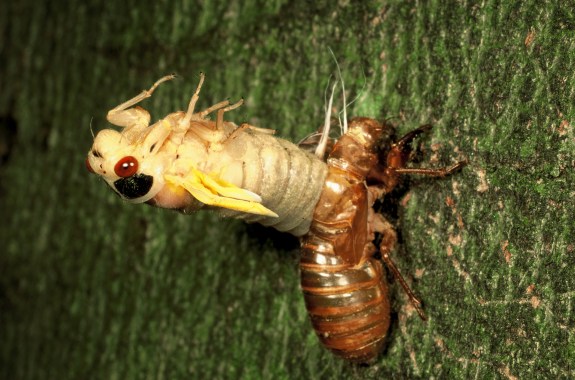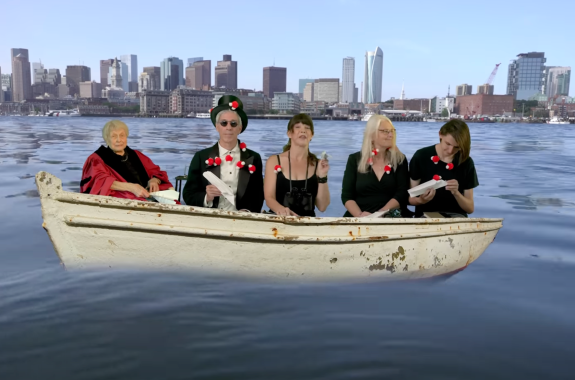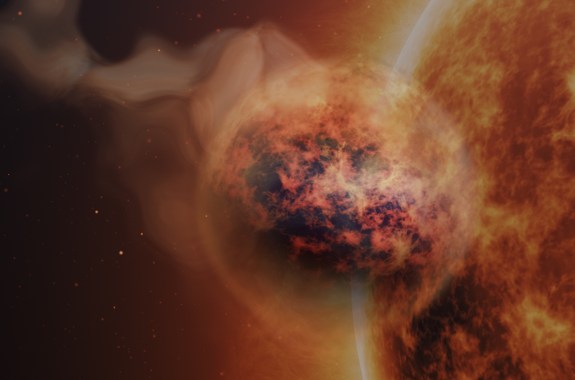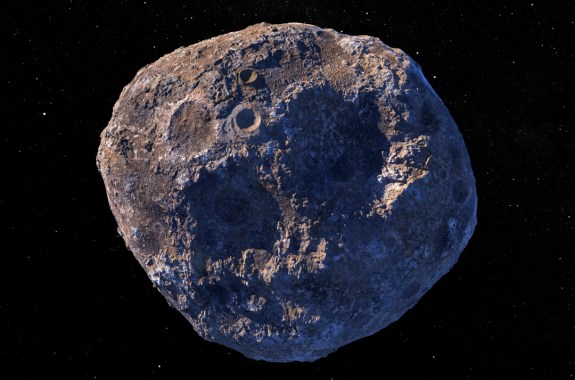As Science Friday’s director and senior producer, Charles Bergquist channels the chaos of a live production studio into something sounding like a radio program. He coordinates in-studio activities each week from 1-4. And then collapses. He also produces pieces for the radio show. His favorite topics involve planetary sciences, chemistry, materials, and shiny things with blinking lights.
Charles has been at Science Friday longer than anyone on staff except Ira, and so serves as a repository of sometimes useful, sometimes useless knowledge about the program. He remembers the time an audience member decided to recite a love poem during a live remote broadcast, the time the whole staff went for ice cream at midnight in Fairbanks, Alaska, and the name of that guy Ira is trying to remember from a few years back who did something with space.
He hails from southeastern Pennsylvania and worked for a while as a demonstrator at the Franklin Institute, Philadelphia’s science museum (favorite devices: Maillardet’s Automaton, the stream table, the Chladni plates). He has a degree in chemistry from the University of Delaware, home of the Fighting Blue Hens, and a master’s in journalism from New York University’s Science, Health, and Environmental Reporting Program. However, he attended the program prior to the addition of ‘Health’ to its name, which may explain his slight unease when covering medical topics.
Outside the walls of Science Friday, he enjoys backpacking, camping, cooking not-entirely-healthy things, reading escapist fiction, and trying to unravel his children’s complicated stories.
12:16
Scientists Report Second Highest-Energy Cosmic Ray Ever Detected
Powerful cosmic rays like the “Amaterasu” particle are typically caused by celestial events. This one’s source is unknown.
33:33
The (Not So) Easy Guide To Getting To Space
In a new book, astronaut Mike Massimino reflects on his time in space, and what it taught him about succeeding on Earth.
9:56
Researchers Detected Cicada Emergence With Fiber-Optics
In 2021, an electronics and communications lab accidentally detected the mass emergence of Brood X with fiber-optic sensors.
12:02
Saluting Science’s Silly Side, Virtually
Counting nose hairs and licking rocks: Here are some highlights from the 33rd First Annual Ig Nobel Prize ceremony, held virtually this year.
11:43
An Exoplanet Where It Rains Sand
Astronomers are calling the exoplanet “fluffy.” Plus, an update on a possible volcanic eruption in Iceland.
Euclid Telescope’s First Images Unveiled
A new ESA telescope could help us understand how dark matter and dark energy influence the structure of the universe.
How Five Elements Define Life On Earth
Is the secret to life really just wrangling carbon, oxygen, hydrogen, nitrogen, and phosphorus? Author Stephen Porder explains in a new book.
A Common Cold Medicine Ingredient Doesn’t Work. What Now?
Twenty years ago, scientists found that phenylephrine, listed as a decongestant in many cold medicines, didn’t work. What can you use instead?
Diving Into Elon Musk’s Mind
Walter Isaacson’s latest biography peers into the life and mind of entrepreneur Elon Musk.
17:30
Unlocking The Mysteries Of A Metal-Rich Asteroid
NASA’s Psyche spacecraft is on a six-year voyage to an asteroid largely made of metal. It may help us understand how planets form.
